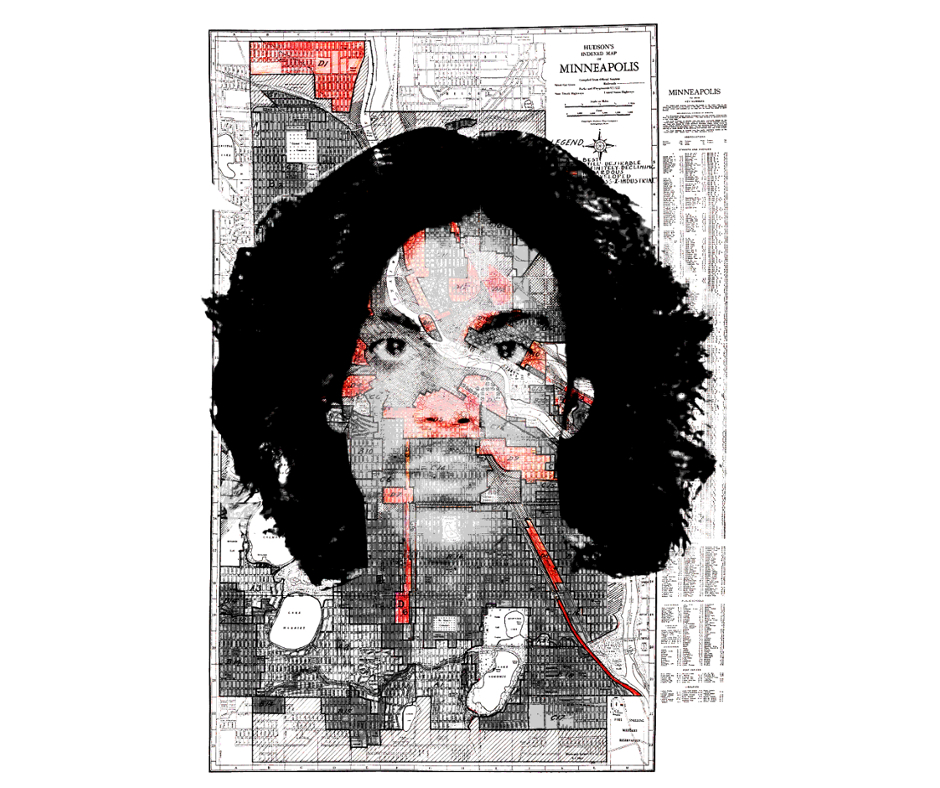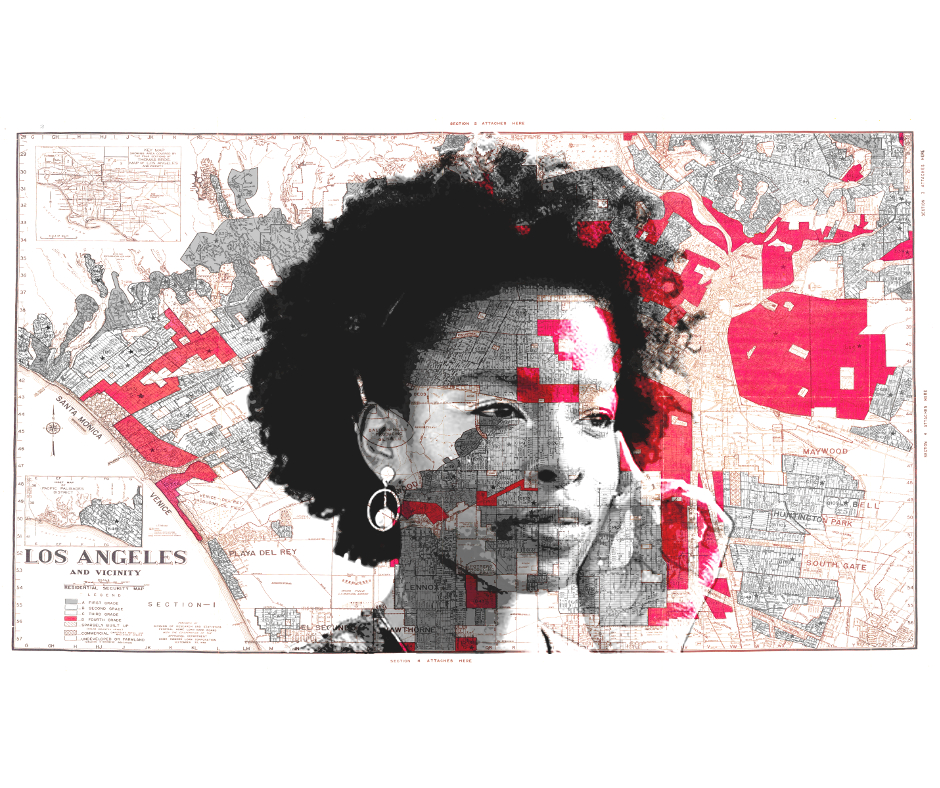
folks, IMAGINE THIS 😍
The year is 2029. Every Angeleno, including YOU, can afford to live near where they work, families get to remain close to each other, and neighborhoods are walkable and vibrant with businesses & activities. 1/
-
abundanthousingla.org/a-dispatch-fro…
The year is 2029. Every Angeleno, including YOU, can afford to live near where they work, families get to remain close to each other, and neighborhoods are walkable and vibrant with businesses & activities. 1/
-
abundanthousingla.org/a-dispatch-fro…
With lots of new homes near Metro, air quality and commutes are better than ever. 2/
How can we get there? By building half a million homes starting NOW. 3/
Think about it - the impact of adding homes would be transformative for ALL of us: rents will go down, homeownership rates will increase, and neighborhoods will become more diverse. Thanks to robust affordable housing production, homelessness will be near zero. 4/
It’s 100% within our power to build this future for our city. But it'll require bold actions and deep reforms. 5/
Sadly, @Planning4LA is planning for the status quo. They think LA can achieve its half-million housing growth target with only minor zoning changes. This is unlikely. And it’s also unfair. 6/ 

In addition to ensuring strong housing growth, the law also requires housing elements to *affirmatively further fair housing*. Cities can’t perpetuate historic patterns of racial segregation when planning; they have to actively encourage more integrated, inclusive communities. 7
LA has a shameful history of segregation in housing. By defining some communities as desirable (green/blue) or undesirable (yellow/red), redlining denied people of color the right to live in resource-rich neighborhoods. 8/ 

Today, our modern zoning laws continue to enforce redlining in practice. Areas where apartments are banned (orange) tend to be the places that were defined as “desirable” (and heavily white) under redlining. 9/ 

Apartments are banned on 75% of LA’s residentially-zoned land, meaning that many of our neighborhoods are closed to people who can’t afford a single-family home (read: most of us). 10/ 

Without zoning reform, LA’s wealthiest neighborhoods will continue blocking new housing through exclusionary zoning. Just 12% of LA’s new housing was built in the highest-income neighborhoods since 2013. Nearly half was built in the lowest-income areas. 11/ 

Without zoning reform, LA’s whitest neighborhoods will continue blocking BIPOC neighbors by preventing new housing opportunities. Since 2013, only 16% of LA’s new homes were built in white-majority neighborhoods. 12/ 

Tinkering around the margins won’t work. To build a more diverse, welcoming LA, we need to break down exclusionary zoning for good. And more and more Angelenos agree. 13/
The @latimes and City Council President @CD6Nury have called for an equitable approach to the housing element, where high-opportunity communities build much more housing.
latimes.com/opinion/story/…
14/
latimes.com/opinion/story/…
14/
If you want to live in a fairer and more prosperous LA by 2029, we have to start NOW. We need YOU to do 3 things:
1. tell @Planning4LA to create an equitable, transformative housing element for LA: tinyurl.com/RejectStatusQuo
1. tell @Planning4LA to create an equitable, transformative housing element for LA: tinyurl.com/RejectStatusQuo
2. Make your desire for abundant and equitable housing loud and clear by taking @Planning4LA 's housing element update survey: migsurvey.limequery.com/813839?lang=en#
3. encourage your LA city friends to do the same. if they live not in the city but in the county, urge them to write to their mayors and councilmembers: tinyurl.com/TransformHousi…
• • •
Missing some Tweet in this thread? You can try to
force a refresh





